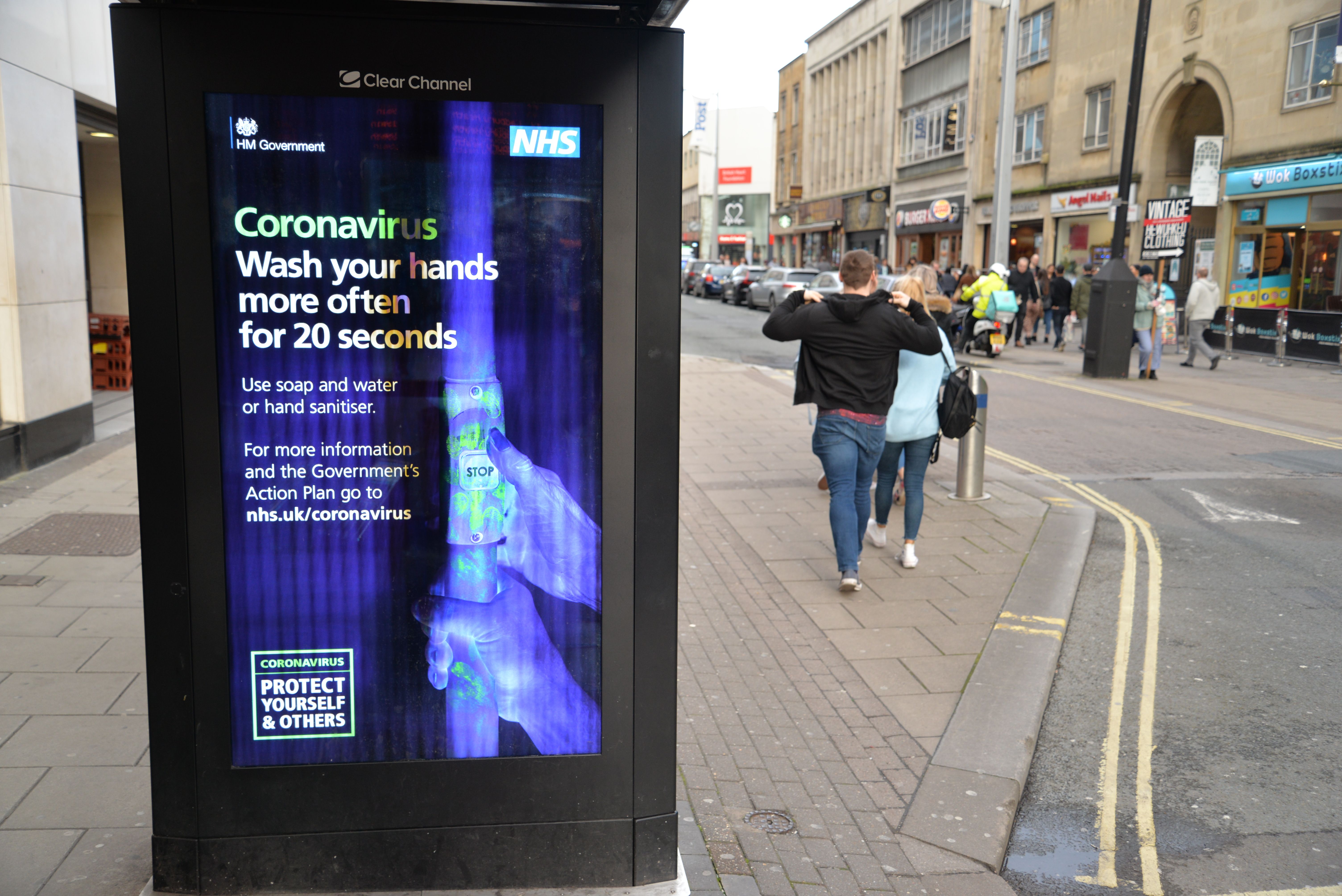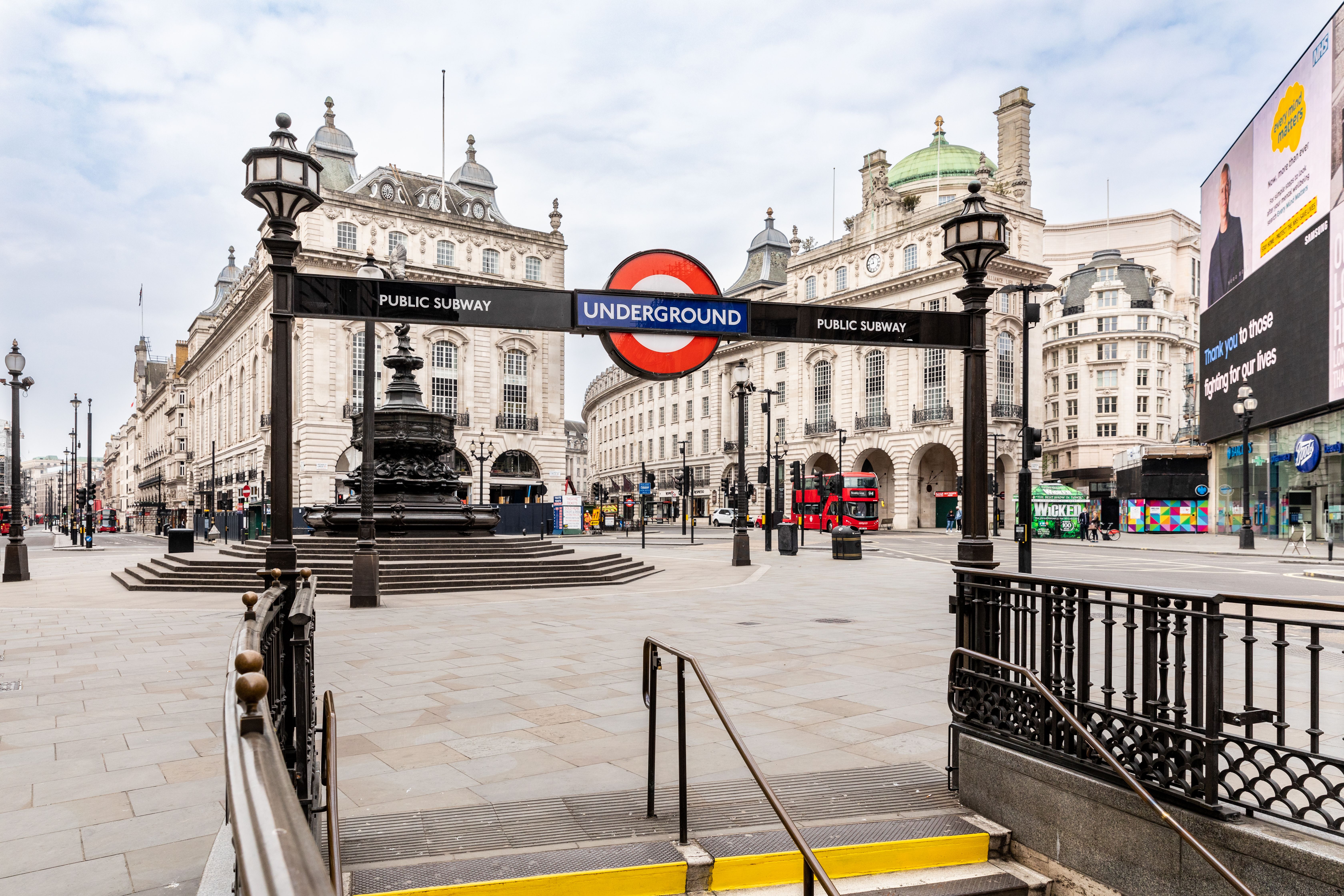It has been a long, tough journey for the entire world since the COVID-19 pandemic began during the winter of 2020. Many countries have been in lockdown repeatedly including the United Kingdom which is currently, at the time of writing, in lockdown once again. With the recent lockdown lessening the spirits and the morale of many, there is a light at the end of the tunnel, or so it would seem. Vaccinations have been both the key and the great hope of this pandemic coming to an end and now, it seems that the world may once again have a fighting chance.
If the U.K. is any indication, vaccines will be the way out of what has been a long, dark year for everyone. The hope is so great that Prime Minister Boris Johnson gave a tentative date of May 17th as the date that will mark the beginning of lockdown restrictions being lifted. With it, restaurants, businesses, and even gatherings will be permitted to take place in phases, with June 21st as the second tentative date the will, hopefully, signify the re-opening of much of the country and the end of intense social distancing procedures. This is how it's being done.
Leading By 'Data, Not Dates'
The reopening of the country still has quite a way to go as the final tentative date of the reopening phase is set for June 21st. However, Johnson reported in his address to the House of Commons that these decisions will be led by 'data' and not 'dates.' What does this mean for the U.K.? For starters, data from the vaccines - which have already been administered to more than one-third of the population - will pave the way to pandemic freedom, so to speak. According to the Associated Press, 17.7 million adults have already received the vaccine, blazing a trail which much of the world is following. Already, the program is moving at a rapid rate with vaccines on course to be in the arms of every willing adult by July 31st.
This comes riding on the reputation of Johnson, as well, as the Prime Minister was criticized for re-opening the country too quickly back in the spring, which led to another lockdown as a result. While the plan would be risky should the government not follow data over the desires of the general public, Johnson has described the slow reopening in a way that is 'cautiously but irreversibly' carried out, adding the notion that the U.K. is now 'traveling a one-way road to freedom.' As of now, the lockdown has limited restaurants, bars, gyms, hair salons, in-person schooling, and nonessential shops, as well as restricting its residents from traveling out of their local areas by law. Starting on March 8th, however, England will be allowing children to attend school again and, following that three weeks later, small groups will be able to gather outdoors.
Following suit, hairdressers will be able to resume work and shops will be able to open on April 12th. Additionally, on that date, restaurants and pubs will be able to operate outdoor dining. By May 17th, movie theaters and indoor pub and restaurant services will be able to resume along with international travel. This will be followed roughly one month later with the opening of nightclubs and social contact restrictions being lifted. If the data reflects that it's safe to do so and that the vaccines are helping the country to reach herd immunity, this track is extremely hopeful.
The Evidence Thus Far
The evidence in the data coming back from COVID-19 vaccinations is overwhelming, to say the least. Rather than seeing a spike in cases, there has actually been a drop in hospitalizations and in cases, in general, according to vaccination program studies. It's the hope of officials and experts that these same trends will also apply to the general public now that vaccinations are finally being offered in phases. According to data from Scotland, the Pfizer vaccine was shown to reduce admissions to the hospital by 85% by the four-week mark after only the first dose, while the AstraZeneca vaccine was shown to cut down admissions by 94%.
Additionally, data coming in from England showed that the Pfizer vaccine was capable of reducing the possibility of catching the virus by 70% after only the first dose with a prevention rate that rose to 85% after the second dose of the vaccine. Even with this data, Johnson - like scientists - are stressing that all data is preliminary and subject to change. While the outlook of the U.K. looks far more hopeful now than it has at any point during this pandemic, there's still a chance that reopening could lead to a spike in cases, and that the world may never truly be COVID-19-free.


